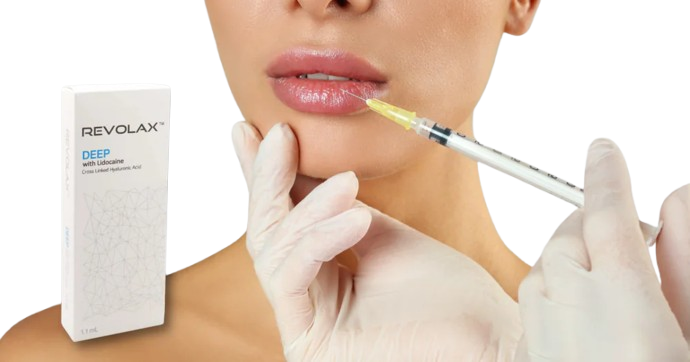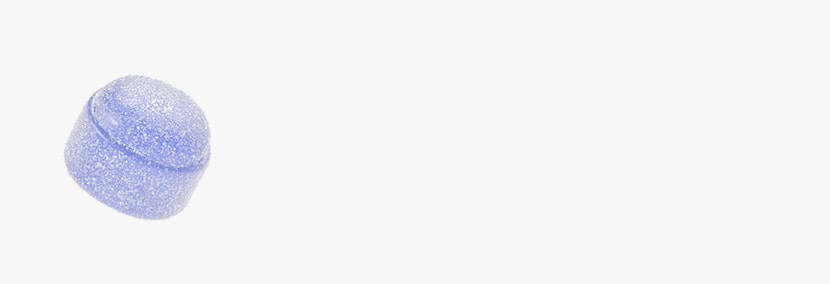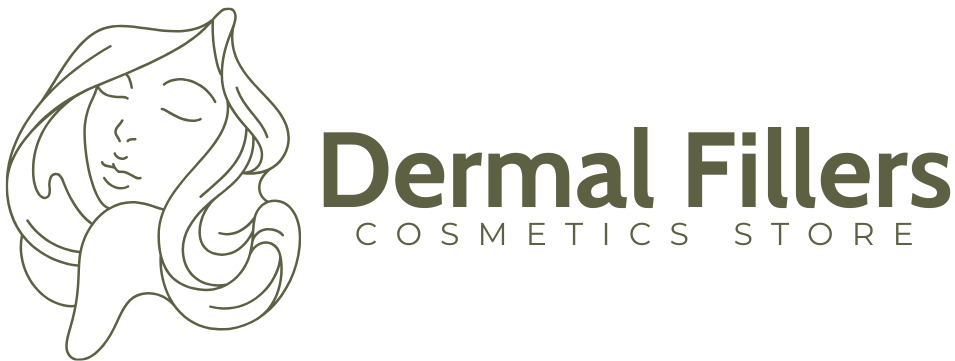Innotox
Innotox FDA Approval Status
Jul 4, 2025
Recent studies show that FDA approval plays a pivotal role in cosmetic medicine, with the FDA approving nearly 48% of medical devices, including injectables, through stringent testing for safety and efficacy (U.S. Food and Drug Administration, 2020). In an industry saturated with unregulated products, this approval reassures both professionals and patients that treatments meet high standards, reducing potential risks and malpractice concerns.
One notable development in this arena is the FDA approval of Innotox, a botulinum toxin manufactured by Medytox. As demand for non-surgical aesthetic procedures continues to grow, Innotox’s regulatory journey offers a compelling example of compliance-driven innovation in dermatology.
In this article, we will explore the FDA approval status of Innotox, its impact on the cosmetic injectable market, and what it means for practitioners and consumers seeking safer treatment options.
Key Takeaways
- Innotox currently lacks FDA approval for use in the United States. Clinicians based here can only use Innotox under specific investigational or clinical trial settings.
- Innotox received regulatory approval from South Korea’s Ministry of Food and Drug Safety (MFDS) in 2013, marking it as the first ready-to-use liquid botulinum toxin formulation.
- The FDA approval process for Innotox requires preclinical safety data, clinical trials (Phases I–III), and manufacturing validation before clinics in the U.S. can avail it.
- Medytox has partnered with Evolus, but no official FDA submission or IND has been filed for Innotox in the U.S. yet.
- Practitioners must be aware of the legal and ethical concerns associated with the off-label use of Innotox in the U.S., as using unapproved drugs outside FDA-regulated trials can result in legal issues and patient safety risks.
- FDA approval for Innotox remains pending, and medical professionals must follow FDA guidelines and stay informed about regulatory updates related to Innotox.
About: Trusted by over 2,000+ global clients since 2014, Maylips has become a leading supplier of cosmetic, skincare, and orthopedic products for medical and aesthetic professionals. Maylips offers a wide range of authentic brand-name products at competitive wholesale prices, sourced from around the world. If you’re looking to buy Innotox online, contact our sales team for guidance.
Current FDA Status of Innotox in the U.S.
Currently, Innotox does not have approval from the U.S. Food and Drug Administration (FDA) for any indication. Despite its growing popularity in international markets for its ready-to-use liquid formulation, Innotox has not yet passed the stringent regulatory requirements mandated by the FDA for all cosmetic injectables. Because of this, aesthetic doctors cannot market or administer Innotox in the U.S. unless they are following formal Investigational New Drug (IND) protocols or clinical trials.


Medical professionals in the U.S. should remain cautious and ensure compliance with all relevant laws when handling or discussing products that have not received FDA approval. The FDA’s approval process involves several stages, including preclinical safety data, clinical trials (Phases I-III), and comprehensive facility inspections. Without meeting these criteria, Innotox’s use in the U.S. remains restricted and legally prohibited.
International Approvals: Korea, Europe, etc.
Although Innotox does not have FDA approval, it has regulatory approval in several other regions. Notably, Innotox received approval from South Korea’s Ministry of Food and Drug Safety (MFDS) in 2013, becoming the first ready-to-use liquid botulinum toxin formulation on the market. This pre-mixed format eliminates the need for reconstitution, making it a convenient option for clinicians and reducing potential preparation errors.
In addition to South Korea, Innotox has received clearance for use in various regions worldwide, including parts of Eastern Europe, Southeast Asia, Latin America, and the Middle East. In some European countries, clinics also offer Innotox treatments, although this does not equate to FDA approval in the U.S.
International clinics promoting Innotox for smoothing dynamic facial wrinkles, including those on the forehead, glabella, and crow’s feet, rely on these regional approvals. However, it is essential to recognize that approval in one country does not automatically grant permission for use in other countries.
Many international patients, after undergoing treatments, share their Innotox before and after experiences, showing visible results in smoother and more youthful facial appearances.
Clinical Trial & Regulatory Submission Status
As of now, there is no official public record of an FDA-filed IND or Biologics License Application (BLA) for Innotox. This means that Medytox hasn’t initiated clinical trials under U.S. IND.
Medytox, the developer of Innotox, has made several attempts to bring the product to the U.S. market. They had entered a licensing agreement with Evolus (which is responsible for Jeuveau, another botulinum toxin in the U.S.), but as of now, no there is no formal FDA submission for Innotox.
While clinical trials or FDA submission documents may emerge in the future, the process of bringing Innotox to the U.S. market remains uncertain, and its use in the U.S. remains unauthorized without an IND.
FDA Approval Requirements


For Innotox to receive FDA approval, the product must meet following requirements:
- Preclinical safety data to assess toxicity and biological impact.
- Completion of Phase I–III human trials, involving comprehensive testing to prove both safety and efficacy.
- Manufacturing process validation, ensuring the product meets high standards.
- Establishment of long-term safety monitoring plans, tracking any adverse effects post-market.
Without the successful completion of these steps, Innotox cannot be marketed for use in the U.S. medical or cosmetic fields.
Legal & Ethical Considerations for Off‑label Innotox Use
Using Innotox in the U.S. without FDA approval raises several legal and ethical concerns. Even if clinicians have access to the product from international suppliers, using an unapproved drug outside an IND setting is strictly prohibited by the FDA. This exposes practitioners to significant risks, including:
- Violations of federal law related to the use of unapproved drugs.
- Potential loss of medical licensure or board certification.
- Liability risks for adverse events or complications.
- Lack of manufacturer support for off-label use in the U.S.
- Ethical concerns regarding patient safety and the need for informed consent.
Practitioners must make sure that patients are fully aware of Innotox’s FDA approval status and explain that using the product outside of formal clinical trials could lead to serious legal consequences. It’s highly advisable for medical professionals to seek guidance from their state medical board or legal counsel before considering the use of Innotox off-label.
Conclusion
As of now, Innotox remains unapproved by the FDA for use in the U.S., and its application is restricted to investigational settings. Despite its success in international markets, particularly South Korea, U.S. medical professionals must adhere to FDA guidelines and refrain from using Innotox unless it is part of a regulated clinical trial or investigational process.
Until official approval is granted, practitioners must be vigilant in following all legal and ethical guidelines, including informing patients of the risks associated with unapproved treatments.
FAQs
1. Where is Innotox approved for use?
Innotox has regulatory approval in South Korea and is available in several international markets under varying regulatory conditions.
2. Can U.S. clinics import or use Innotox legally?
No, unless under a sanctioned clinical trial or investigational use exemption, importing or using Innotox is not allowed.
3. What makes Innotox different from other neurotoxins like Botox?
It is a liquid, pre-mixed formulation that eliminates the need for reconstitution, providing convenient dosing.
4. Is Innotox undergoing clinical trials in the U.S.?
Though there are indications of regulatory submission activity, it still has no FDA approval.
5. Can patients request Innotox treatments in the U.S.?
Patients can inquire, but clinicians cannot legally administer without FDA approval or within the context of an investigational protocol.
6. Who regulates aesthetic injectables like Innotox in the U.S.?
The U.S. Food and Drug Administration (FDA) oversees the approval, regulation, and enforcement of injectable drugs.
Talk with our sales representative.
Book a Meeting
References
Myckatyn T. What does an FDA approval mean for cosmetic treatments and devices? American Society of Plastic Surgeons. Published February 27, 2018. https://www.plasticsurgery.org/news/blog/what-does-an-fda-approval-mean-for-cosmetic-treatments-and-devices
Frevert J, Ahn KY, Park MY, Sunga O. Comparison of botulinum neurotoxin type A formulations in Asia. Taylor & Francis. Published online July 5, 2018. https://www.tandfonline.com/doi/full/10.2147/CCID.S160723
Cha W, Jang JY, Wang SG, Kang JH, Jo MG. Liquid-type botulinum toxin Type A in adductor spasmodic dysphonia: A Prospective pilot study. Journal of Voice. 2016;31(3):378.e19-378.e24. doi:10.1016/j.jvoice.2016.07.004





